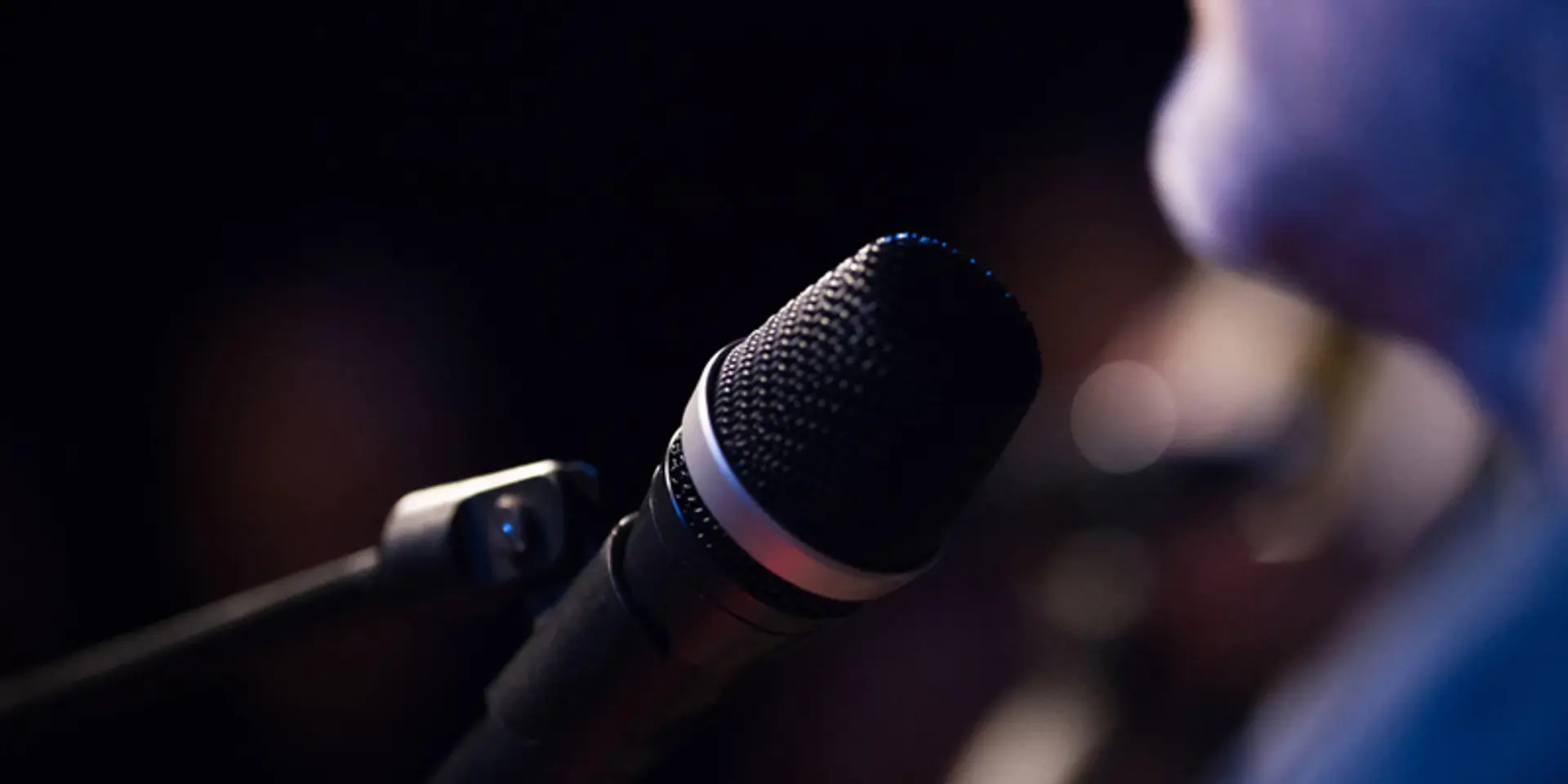Don’t know what to do with your stage fright? Try these cool tricks!
Public speaking, a task that is daunting to many, children and adults alike. The entire act of having to stand in the spotlight and speak before a crowd is enough to get the heartbeat racing. Sweaty palms, throat closing up, short breath…the feelings are all too real! Well, if you have similar experiences while speaking publicly, there is a good chance you have what is known as performance anxiety, and you are certainly not alone.

Image : shutterstock
There are millions of people who dread the mere thought of public speaking. This dread in most cases is involuntary, mostly because of the fear of attracting ‘negative attention’. We all know that people won’t pay attention, but no matter how many times you tell that to yourself, your sweaty palms and shaky voice get in the way of performing your best. While this is not a medical condition that will bother you in daily life situations, it can most definitely have ramifications on your professional growth and career life. Here are a few tried and tested methods that work as a coping mechanism to public speaking.
Focus on the content
The thought of a public talk tricks our brain to create a negative image of ourselves in the public eye. We do this unconsciously, and then at the time of the actual talk, we tend to perceive every little cue from the audience as a potential threat, triggering a vicious cycle of endless inner criticism that just makes us more nervous. To stop yourself from getting into this cycle is to realise that people are there to learn from and listen to what you have to offer.
Understand yourself
In order to make an involuntary behavioral correction, you should understand yourself first. Performance anxiety can arise from three factors: fear of failure, low self-esteem, and fear of losing control. A very effective way of dealing with stage fright is to eradicate the problem from the roots by instilling feelings of high self-esteem, self-love, and compassion. This is help you to avoid putting so much pressure on yourself to begin with.
Be a pessimist
“What does not kill you makes you stronger,” sang Kelly Clarkson, right? Maybe this is the mantra every person suffering with stage fright should follow as well! Encouraging words like ‘keep calm’ or ‘you’ll do great’ only add to the fear. So the best way to tackle fear is to take it head on. Imagine the worst and rehearse them in your mind, then go on about rehearsing an amusing way to deal with a crisis. This not only allows you to prepare for the worst, but with no expectations, chances are you’ll perform brilliantly.
Worry only for the first five minutes
Studies show that the first five minutes of any public speech are the most stressful. So if you want to be in the calm, it’s a good idea to practise the first five minutes of your speech and then go about with the rest of it as you please. After those five minutes, you will settle well into your position and surroundings, making you more comfortable in your own skin.
Do not go about fighting your stage fright. Instead, work with it. If you want to create a great impression on your peers, it’s important to get over with the much feared task of public speaking and get on with it.







